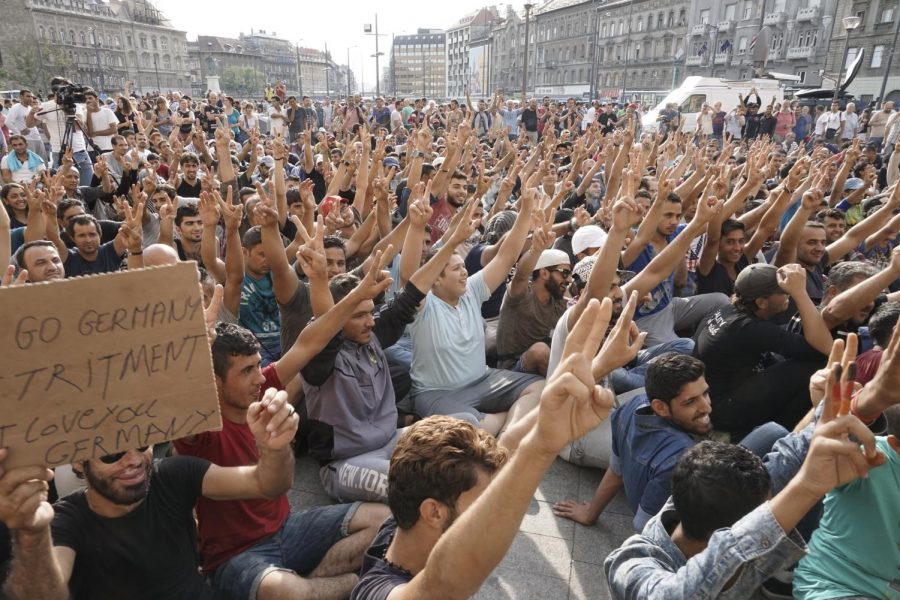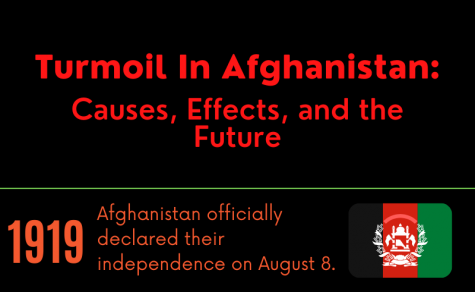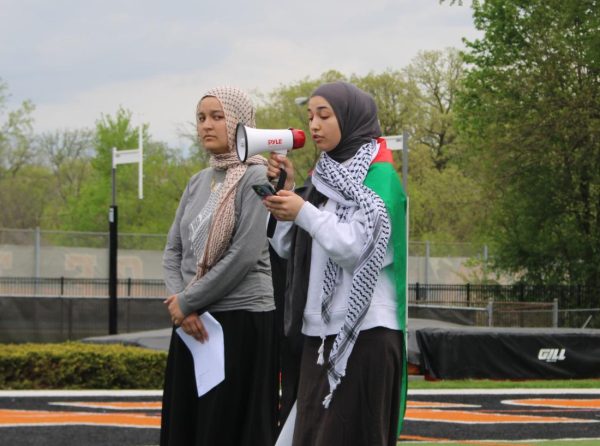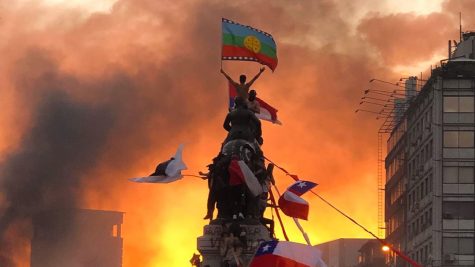Refugee crises persist as global issues
The refugee crises around the world have had an undeniable impact on the United States. Historically, the country has served as a symbol of liberty for oppressed people, guaranteeing such people rights such as freedom of speech and freedom of religion.
According to the United Nations High Commissioner for Refugees, or UNHCR, over 68 million people worldwide are displaced from their homes due to the current refugee crises that are occuring.
One refugee crisis is happening in Central America. The Washington Office on Latin America (WOLA) is a non-governmental office dedicated to the protection and promotion of human rights and democracy in Latin America. As reported by WOLA, a migrant caravan of 7,000 people, with reportedly many families and women, is making its way through Mexico to the United States.
These people are most likely seeking asylum from countries such as Venezuela, Guatemala, Honduras and El Salvador, which, according to the Small Arms Survey, an international organization that is dedicated to reducing the proliferation of light weapons and firearms, are among the top five deadliest places in the world that aren’t war zones. Natural disasters and runaway corruption have led people to flee these countries in hopes of finding a more stable place to live.
At the Mexico-Guatemala border in late October, according to BBC News and the Agence France-Presse (AFP), the caravan was stopped by Mexican border patrol. Some were attacked with tear gas and stones when they attempted to bypass the police barricade. Since the incident, Honduran President Juan Orlando Hernandez has tweeted that he spoke to his Guatemalan counterpart in order to organize transportation for any who wished to return home, and Mexican President Enrique Pena Nieto allegedly accused some of the migrants of attacking the police.
After this setback, the caravan was expected to carry on, but they were likely to face more opposition. One of President Trump’s well-known stances is that of immigration. Trump tweeted on multiple occasions about his intent to send troops to the border in order to make certain the caravan did not enter the United States, and about 6,000 troops were deployed to the border. However, according to international law, the United States may not send away the asylum seekers without first determining the validity of their claim.
According to AFP, the caravan reached the U.S. border near Tijuana recently in late November. While some migrants were able to enter into California, most were not able to enter the country. As reported by The New York Times, the United States Customs and Border Protection agency shut down the border in both directions and fired tear gas into the crowd of hundreds of migrants in order to keep them from rushing the border. Erika Guevara-Rosas of Amnesty International condemned such actions in a statement: “These families deserve dignity and respect to ensure that no one is illegally returned to situations where they could risk serious harm due to violence.”
Per a report by The New York Times, those who were denied entry to the United States now reside mostly in a repurposed sports complex in Tijuana. The Mexican federal government reportedly intends to better its system of immigration and asylum to help the migrants’ situations. As of late November, more than 600 Central American migrants had received humanitarian visas to allow them to seek shelter elsewhere, and more than 400 had applied for asylum in Mexico, as reported by the Mexican federal government.
In a situation similar to the Central American caravan, refugees fleeing from political turmoil and violence in the Middle East, especially in Syria and Afghanistan, have attempted to enter Europe via the Mediterranean sea.
In 2016, as reported by the UNHCR website, an estimated 362,000 refugees and migrants risked their lives to cross the sea and enter Europe, with most arriving in Italy and Greece. Since the beginning of 2017, the UNHCR has received reports of over 2,700 people believed to have died or gone missing while crossing the sea.
Those who succeeded still face uncertain odds of finding better life in Europe, as the countries that have received the most traffic of refugees did not have sufficient emergency response programs to deal with such an influx of people, with Greece most notably overwhelmed.
Since then, the European Commission (EC) has provided more than $94 million worth of funding for emergency support projects to aid refugees in Greece, stated their website. The Commission has also set up a refugee facility in Turkey and provided total assistance upwards of $518 million to Turkey and $25 million to other transit countries experiencing high amounts of traffic of refugees.
Channelled through humanitarian partner organizations of the EC, they provide emergency relief to the “most vulnerable of people.” The UNHCR provides very similar support to what the EC provides, aiding the refugees in finding “adequate reception and assistance” in Europe.


















